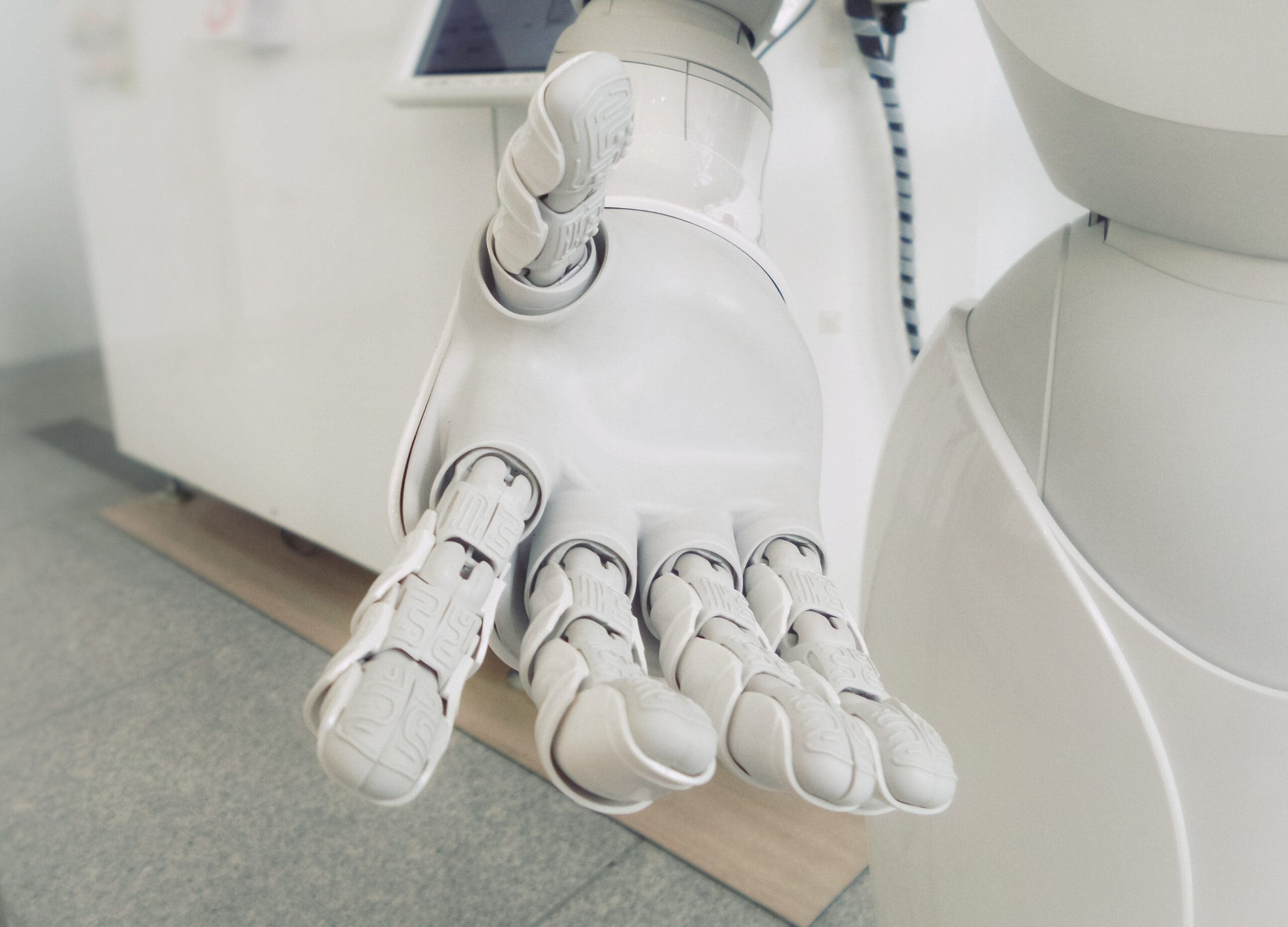Worker displacement due to automation is not new and has been around since the Industrial Revolution. What’s matters now is what we do about it?
By: Bryan Walsh
Automation technology has been the primary driver in U.S. income inequality over the past 40 years, according to a new paper by two prominent economists in the field.
Why it matters: Offshoring, the decline of unions, and corporate concentration have all played a part in widening the gap between lower-skilled and higher-skilled workers, but automation is the single most significant factor, and will likely grow even more important in the years ahead.
By the numbers: The real wages of low-education workers have declined significantly over the past four decades, with the real earnings of men who lack a high-school degree now 15% lower than they were in 1980.
- Over the same time, real wages for workers with a post-graduate degree — and to a much lesser extent, those with a bachelor’s degree — rose sharply.
The big picture: In their paper, MIT’s Daron Acemoglu and Boston University’s Pascual Restrepo calculate that 50 to 70% of the changes in the U.S. wage structure since 1980 can be accounted for by relative wage declines among workers who specialize in routine tasks in industries hit by rapid automation.
- Workers who perform tasks that can be increasingly automated — think manufacturing work done by robots or clerical work performed by software — lose out on labor share.
- They’re then forced to compete with other lower-skilled workers for fewer remaining jobs, further bidding down wages.
- Higher-skilled workers have largely escaped this trap not so much because of a rising demand for those skills, but because they perform tasks that can’t be — or haven’t yet been — automated.
What’s next: More of the same, barring major political changes.
- While automation has always caused job displacement in the past, it has also increased productivity and generated entirely new classes of jobs.
- But productivity has stagnated in recent decades, and despite the hype of many tech companies, automation and AI are increasingly focused on replacing human labor rather than augmenting it.
- The pandemic accelerated the adoption of automation, and newer forms of AI are set to increasingly automate higher-skilled tasks.
The bottom line: As Acemoglu wrote in a recent essay, “The only path out of our current predicament requires both robust regulation and a fundamental transformation in societal norms and priorities.”





















